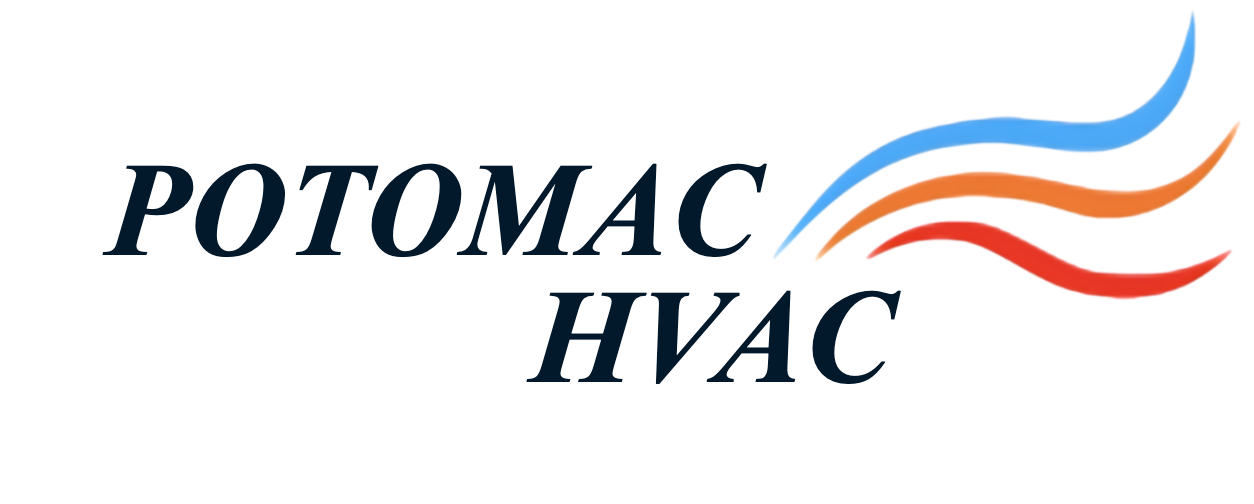Call Us At 301-825-4447
Call Us At 301-825-4447
FAQ
Got Questions? We've Got Answers!
Energy Efficiency & Upgrades
How can I determine the right size HVAC system for my home?
Proper HVAC system sizing requires consideration of factors such as square footage, insulation levels, and climate conditions. Consulting with an HVAC professional can help you select the ideal system size for your specific needs.
What are the benefits of upgrading to a programmable thermostat?
Programmable thermostats offer energy-saving benefits by allowing you to schedule temperature adjustments based on your daily routine. With programmable features, you can optimize comfort and reduce energy consumption, leading to lower utility bills.
How can I lower my energy bills without sacrificing comfort?
To improve energy efficiency and reduce utility costs, consider upgrading to energy-efficient HVAC equipment, sealing air leaks, and enhancing insulation in your home. Additionally, setting programmable thermostats to optimize temperature settings and scheduling regular HVAC maintenance can help lower energy consumption.
What are the benefits of upgrading to a high-efficiency HVAC system?
Upgrading to a high-efficiency HVAC system can lower energy bills, improve comfort, reduce environmental impact, and potentially increase your home’s value.
Troubleshooting & Repairs
What are the signs that my HVAC system needs repairs?
Common signs of HVAC system issues include reduced airflow, uneven heating or cooling, strange odors, and frequent cycling on and off. If you notice any of these symptoms, it’s essential to contact a qualified HVAC technician for a thorough inspection and repairs to prevent further damage
Why is my HVAC system making strange noises?
Unusual noises from your HVAC system could indicate various issues, including loose components, worn-out parts, or debris in the ductwork. If you hear banging, rattling, or squealing noises, it’s best to schedule a professional inspection to diagnose and address the underlying problem promptly.
What should I do if my HVAC system freezes up?
If your HVAC system freezes, turn off the unit immediately to prevent further damage. Thawing the system safely and addressing underlying issues, such as restricted airflow or low refrigerant levels, may require professional assistance.
Should I attempt DIY HVAC repairs?
While minor HVAC maintenance tasks, such as changing air filters or cleaning vents, can be performed by homeowners, complex repairs and system diagnostics should be left to trained professionals. DIY repairs can result in safety hazards, further damage to the system, and voided warranties.
Indoor Air Quality
How can I improve indoor air quality in my home?
Improving indoor air quality involves several measures, such as regular HVAC maintenance, proper ventilation, and the use of air purifiers or filtration systems. Additionally, minimizing indoor pollutants, such as dust, pet dander, and volatile organic compounds (VOCs), can help create a healthier living environment.
Is it necessary to clean air ducts regularly?
Cleaning air ducts is essential for maintaining indoor air quality and preventing dust buildup, mold growth, and allergen accumulation. Professional duct cleaning services can remove contaminants and improve overall HVAC system performance.
What is the purpose of zoning in HVAC systems?
Zoning allows for customized temperature control in different areas or zones of a building, improving comfort and energy efficiency. By dividing the space into separate zones with individual thermostats, zoning systems can reduce energy waste and enhance occupant comfort.
How can I maintain consistent indoor humidity levels?
Consistent indoor humidity levels are essential for comfort and indoor air quality. Using humidifiers or dehumidifiers, sealing air leaks, and properly ventilating your home can help regulate humidity levels and create a healthier indoor environment.
System Installation & Lifespan
What is the average lifespan of an HVAC system?
The lifespan of an HVAC system varies depending on factors such as system type, usage, and maintenance history. On average, well-maintained HVAC systems can last 15 to 20 years, while older or neglected systems may require replacement sooner.
Can I install a new HVAC system myself?
Installing a new HVAC system is a complex task that requires specialized knowledge and skills. It’s recommended to hire a licensed HVAC contractor to ensure proper installation, compliance with building codes, and optimal system performance.
How does a heat pump work?
A heat pump works by transferring heat from one place to another. In the summer, it moves heat from inside your home to the outside, and in winter, it extracts heat from the outside air to warm your home.
What are the signs that I need to replace my HVAC system?
Signs you need to replace your HVAC system include frequent repairs, rising energy bills, uneven heating or cooling, and if your system is over 10-15 years old.
HVAC Maintenance & Efficiency
How often should I change my HVAC air filter?
It’s recommended to replace your HVAC air filter every 1 to 3 months, depending on factors such as filter type, household occupancy, and indoor air quality. Regular filter changes help maintain efficient airflow, improve indoor air quality, and prolong the lifespan of your HVAC system.
What is the importance of HVAC maintenance?
Regular HVAC maintenance is crucial for ensuring system efficiency, reliability, and longevity. Professional maintenance visits involve inspections, cleaning, and tune-ups to detect and address potential issues early, improving indoor comfort and preventing costly repairs down the road.
How often should I schedule professional HVAC maintenance?
It’s advisable to schedule HVAC maintenance at least twice a year, ideally in the spring and fall, to prepare your system for the upcoming seasons. Regular maintenance helps identify and address potential issues before they escalate into costly repairs.
Can I improve HVAC efficiency without replacing my entire system?
Yes, there are several ways to enhance HVAC efficiency, such as sealing duct leaks, upgrading insulation, and installing energy-efficient equipment. Consulting with an HVAC professional can help you explore cost-effective solutions tailored to your home’s needs.
Have more questions?
Contact us today for personalized assistance and reliable HVAC solutions.
